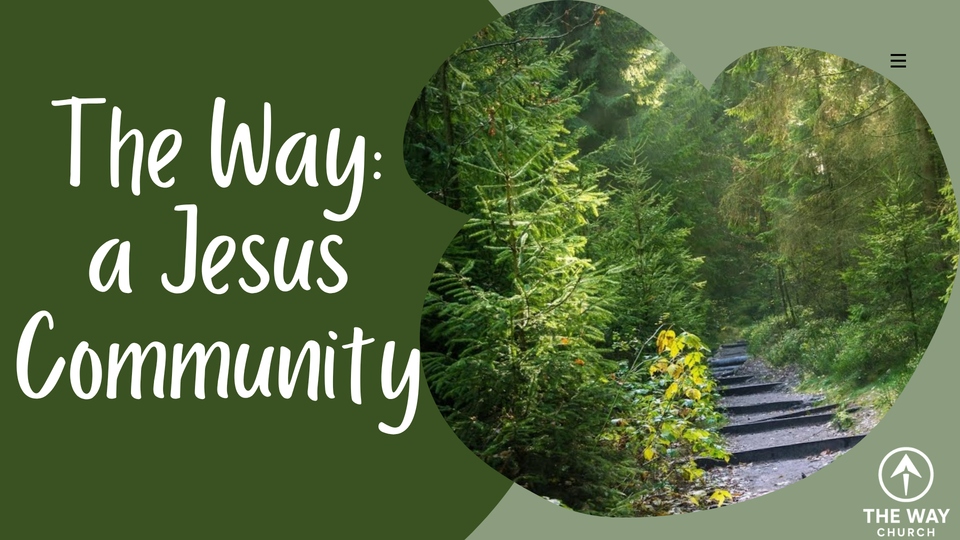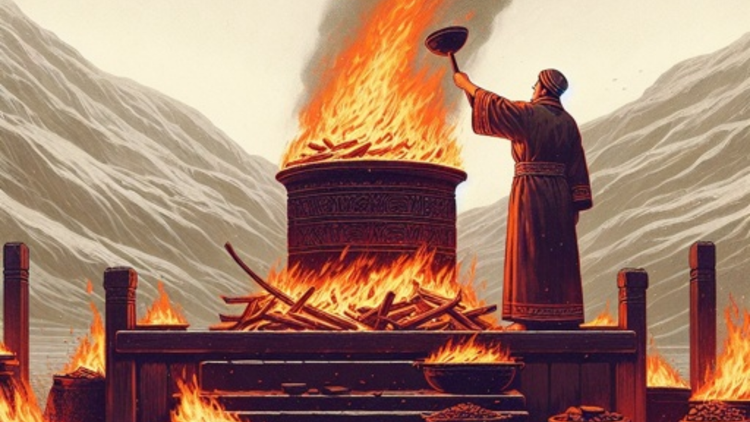The Way: Part 1

In the Bible, The Way is a term used metaphorically to refer to both the Christian faith and to Jesus Christ himself. Faith in Jesus Christ is the only way of salvation for sinful human beings. The term is often used with other expressions in Scripture to describe aspects of the life of the believer.
In the Bible, The Way also describes a path or route to represent a manner of life or spiritual journey.
The Way is one of the primary terms used in the book of Acts to describe the early Jesus movement:
But Saul, still breathing threats and murder against the disciples of the Lord, went to the high priest and asked him for letters to the synagogues at Damascus, so that if he found any belonging to the Way, men or women, he might bring them bound to Jerusalem. (Acts 9:1-2 emphasis added)
How the term The Way came to be an early name for the Jesus community is not fully clear, although there is a parallel usage to define a community. For example, the term The Way is used in Qumran literature 1QS IX, 17), and there is comparable usage in philosophical texts. In the Qumran literature, the term designates the mode of Jewish life lived by the community at Qumran, involving strict observance of Mosaic law. They are thought to have chosen The Way (of truth and righteousness) and to be part of Isaiah's highway in the wilderness:
A voice cries: “In the wilderness prepare the way of the Lord; make straight in the desert a highway for our God..." (Isaiah 40:3)
The Way is used in Acts because of the claim of Jesus' followers that they had found The Way through Christ. "This is the distinctive element by which they defined themselves as heirs to the way of truth and righteousness as distinct from others" (Keener, Acts 2:1627).
The Way is also applied in Christ-related, exclusivist terms, meaning Christ is viewed as the only "way" who demands exclusive loyalty; this proclamation and the faith-based and self-sacrificial lifestyle it demanded became a marker for the early church of identity and membership.
So, why is this significant, and how does it apply to us today? First, we must explore the nature of God's ways to understand what it means to be a member of The Way community of believers.
To continue this study, use these links:










Member discussion